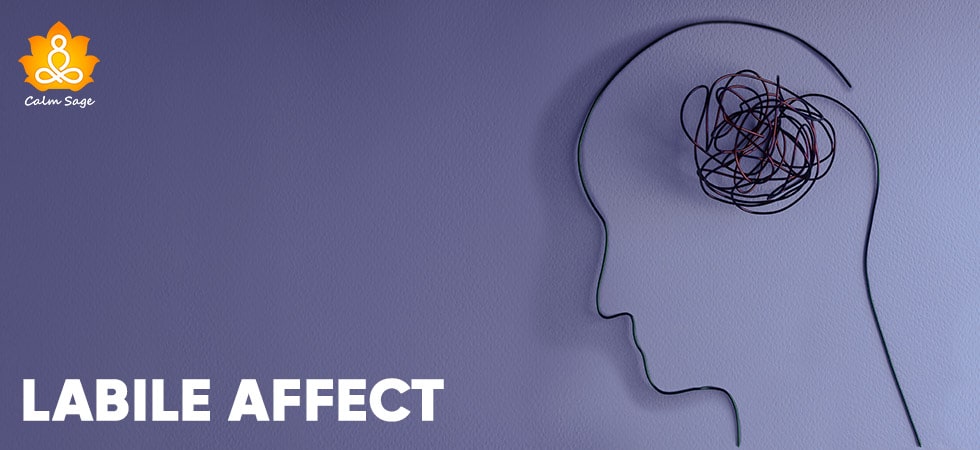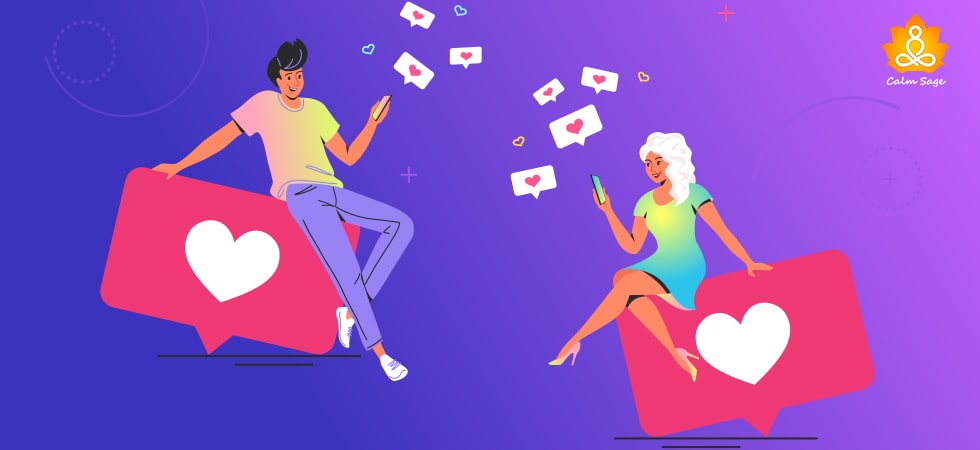Attentional Bias: Definition, Impact on Mental Health, and Tips to Avoid It

In our busy lives, our attention remains divided constantly. We’re surrounded by thousands of stimuli and it can never be possible to give all the information we receive equal attention. Because of this, some things receive all the attention while others are simultaneously ignored. When you pay attention to some things and purposely ignore other things, then it can be a result of attentional bias.
Attentional bias is a cognitive bias that refers to the tendency of your mind to selectively attend to certain information and ignore others at the same time. This cognitive bias can leave an impact on our perception, decision-making skills, and even mental health.
While attentional bias can work in our favor in some situations (especially when there’s a perceived threat), in others, it can become a problem. You may believe that you’re paying attention to things that matter, but in reality, you may be overlooking other perspectives and outcomes.
Let’s see how attentional bias works, impacts our mental health, and how you can avoid it in this article.
Understanding Attentional Bias (With Examples)

Attentional bias was first introduced in the 1930s and can be described as a cognitive bias that causes you to prioritize specific information or stimuli – influenced by your experiences, beliefs, emotions, etc.
It is believed that attentional bias occurs to ensure basic survival (especially during ancient times). Even now, after years of evolution, attentional bias occurs when you’re in a flight-or-fight situation. When you feel threatened, you develop a “tunnel vision” where you’re only aware of certain things and stimuli.
Here are some examples of attentional bias to help you understand;
- People with depression might have an emotional attentional bias towards negative stimuli such as distressing comments and triggering situations.
- Some people may seek out information that confirms their beliefs or expectations while at the same time, disregarding other pieces of evidence that contradict their beliefs.
- Some people may have selective attention bias where they selectively attend to specific stimuli and ignore other information. You may choose to focus on the flaws of an object or event and choose to consider the whole situation or content.
The Impact of Attentional Bias on Mental Health
Attentional bias can have a significant impact on your mental health. This bias can reinforce negative cognitive patterns such as rumination and can increase the likelihood of depression and anxiety. More so, when you selectively attend to information, it leads to stress, fear, and anger. Not only that but attentional bias can impair decision-making as it distorts the perception of available information. You may overlook relevant options and may make biased judgments or inaccurate decisions.
People with addiction and eating disorders are more likely to struggle with attentional bias as they tend to pay more attention to certain stimuli while disregarding others. This can make the recovery process more challenging than ever.
In certain studies, it was found that this cognitive bias can also affect your memories. Because you’re focused on a single stimulus, you may neglect other aspects of a situation. When you recollect an event or a memory, it can become distorted or may feel incomplete.
How to Avoid Attentional Bias?
Some effective strategies can help you avoid attentional bias, here are some of them;
-
Mindfulness And Meditation
To avoid attentional bias, you may practice mindfulness and meditation. These practices can help develop awareness, allowing you to identify the bias and redirect the focus to more objective information. With this, you may feel more grounded in the present and focus on other aspects of your environment.
-
Cognitive-Behavioral Therapy
CBT is an approach that can help you identify and challenge negative bias by seeking tools that can help you reframe your thoughts and develop effective coping strategies to overcome and avoid such negative thoughts and other cognitive biases.
-
Information Exposure
You can also choose to seek other areas of information exposure. This will help you challenge your pre-existing beliefs and assumptions. You can converse with people with different beliefs and viewpoints to broaden your understanding of certain situations, events, etc., and effectively reduce confirmation bias.
-
Make Mindful Decisions
When you’re making an informed decision, make a conscious effort to assess all information available in the context instead of fixating your attention on a single area. Allow yourself to think critically and consider all points of view to avoid selective attention bias.
-
Self-Reflection
You can also engage in self-reflection through journaling. This practice will help you increase awareness of the bias you have allowed yourself to engage in. You can also identify the ANTs (automatic negative thoughts) that might be altering your decision-making process. Self-reflection can help you foster an objective view, reducing attentional bias.
Wrap-Up
Attentional bias is a cognitive bias that can alter your self-perception, emotions, and even decision-making efforts. Knowing how attentional bias (and its types) can affect you can help you take proactive steps to overcome and avoid this cognitive bias and its negative effects on your mental health.
You might not believe it, but attentional bias is more common than you’d imagine, and in many cases, it is more automatic than conscious. While attentional bias can help you in high-stress situations, in others, it can hamper your ability to make mindful, balanced, and smart decisions.
You can reduce attentional bias and even avoid it entirely by incorporating mindfulness, meditation, self-reflection, and other strategies into your routine. When you choose to see other perspectives and talk to people with different beliefs, it can help you reduce the effects of attentional bias in your life.
I hope this article helped you understand what attentional bias is, how it impacts our mental health and decision-making, and how you can avoid attentional bias. For more, you can write to us at info@calmsage.com or leave a comment in the section below.
Take Care!




















